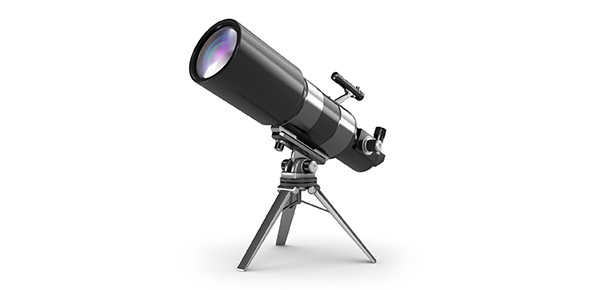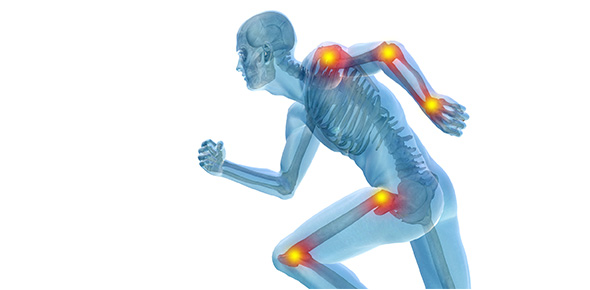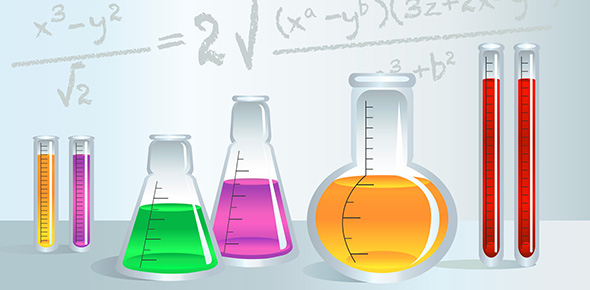Related Flashcards
Related Topics
Cards In This Set
| Front | Back |
|
Learning
|
Any realitvely permanent change in behavior that can be attributed to experience. . .does not include temporary changes due to diseases, fatigue, injury, maturation, and drugs
|
|
Classical Conditioning
|
A form of learning in which reflex responses are associated with new stimuli and is known as Pavlovian conditioning
|
|
Ian Pavlov
|
Was a Russian physiologist who studied digestion. . .his famous experiment involved salivation in dogs using meat powder
|
|
Reflex
|
An innate, automatic response to a stimulus. . .Ex. eye blink
|
|
Neutral stimulus
|
A stimulus that does not evoke a response
|
|
Conditioned stimulus
|
A stimulus that evokes a response because it has been repeatedly paired with an unconditioned stimulus
|
|
Unconditioned stimulus
|
A stimulus capable of eliciting a response
|
|
Unconditioned response
|
An innate reflex response elicited by an unconditioned stimulus
|
|
Conditioned response
|
A learned response elicited by a conditioned stimulus
|
|
Acquisition
|
The period in conditioning during which a response is reinforced
|
|
Higher- order conditioning
|
Classical conditioning in which a conditioned stimulus is used to reinforce further learning" that is, a CS is used as if it were a US
|
|
Extinction
|
The weakening of a conditioned response through removal of reinforcement
|
|
Spontaneous recovery
|
The reappearance of a learned response after its apparent extinction
|
|
Stimulus generalization
|
Tendency to respond to stimuli similar to, but not identical to, a conditioned stimulus. . .Ex. responding to a buzzer when the conditioning stimulus was a bell
|
|
Stimulus discrimination
|
The learned ability to respond differently to similar stimuli. . .Ex. responding to a buzzer, not as a bell or alarm when the conditioning stimulus was a buzzer
|







